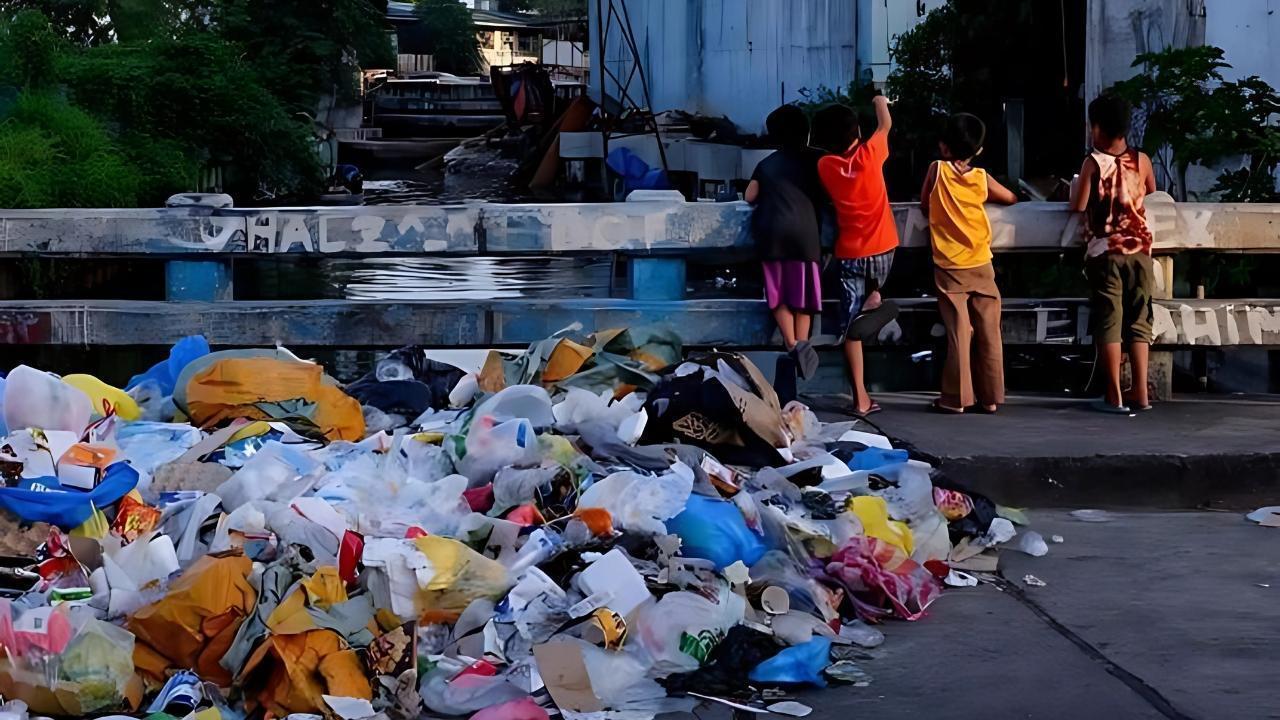
Post by : Priya
Photo:AFP
Plastic pollution is rapidly climbing the ranks as one of the gravest environmental challenges of our times. Our world produces over 460 million metric tons of plastic every year, yet much of it ends up polluting ecosystems — filling oceans, rivers, soils, and threatening both wildlife and human health. The problem is escalating quickly, with projections that plastic waste could hit 1.7 billion metric tons annually by 2060, causing economic and environmental costs measured in the hundreds of trillions of dollars.
Amid this alarming crisis, the world stands at a potential turning point. Since 2022, the United Nations has been leading negotiations to create the very first legally binding global treaty to tackle plastic pollution from its source to disposal. After years of complex talks and overcoming divisions, the final round of negotiations (INC-5.2) is scheduled for August 5-14, 2025, in Geneva. This treaty aims to regulate plastics throughout their entire lifecycle, making it a landmark effort comparable in ambition to the Paris Climate Agreement.
The Plastic Pollution Crisis: A Planet Under Siege
Plastic, once hailed as a miracle material, has become a persistent pollutant. Its durability means it can last hundreds to thousands of years without breaking down. Every year, an estimated 20 million tons of plastic leak into the environment, contaminating land, freshwater, and marine habitats. These plastics fragment into microplastics, now found in the air we breathe, the water we drink, the animals we eat, and even inside humans themselves. Plastic waste harms over 1,500 species via ingestion or entanglement, disrupts food chains, and contaminates ecosystems critical to life on Earth.
This pollution also fuels climate change, as plastic production and disposal release greenhouse gases that could account for up to 15% of global carbon emissions by 2050 if unchecked. Economically, the damage from plastic pollution is estimated to cost the world up to $281 trillion cumulatively by 2060 through ecosystem destruction, clean-up costs, and loss of livelihoods.
Why a Global Treaty? The Need for Unified Action
Plastic pollution is a global problem that transcends borders. Waste generated in one country often ends up polluting another's environment, disproportionately affecting vulnerable nations such as small island developing states. These countries bear invasive burdens as their shorelines are inundated with plastic debris, devastating local economies and ecosystems.
Recognizing this, in March 2022, the UN Environment Assembly mandated the development of a legally binding international agreement to address plastic pollution comprehensively — targeting every life stage of plastics, from raw material extraction to design, production, consumption, and final disposal.
This treaty is designed not only to prevent and reduce plastic pollution but also to advance sustainable alternatives, enhance recycling systems, and promote circular economies where plastics are reused and recycled instead of discarded.
The Stakes of INC-5.2: Promise and Challenges
The forthcoming fifth and final round of negotiations, INC-5.2, represents a critical juncture. Governments, negotiators, civil society, and businesses are deeply invested in ensuring the treaty comes to fruition with meaningful provisions.
The draft treaty text, crafted over prior negotiation rounds, includes 32 to 33 articles addressing a range of actions, such as:
Reducing and eventually eliminating single-use and problematic plastics.
Encouraging development and use of safer alternative materials.
Improving global waste management and recycling capacities, especially in developing countries.
Establishing accountability systems, including reporting and enforcement mechanisms.
Considering just transition measures to protect workers and communities affected by shifts in plastic production.
However, reaching consensus is challenging. Divisions exist between:
The High Ambition Coalition, composed of over 100 countries advocating for binding caps on plastic production and bans on hazardous chemicals.
Other major plastic-producing and consuming countries (including Saudi Arabia, Russia, China, India, Brazil, and the United States) favoring a voluntary treaty focusing primarily on waste management and recycling.
These disagreements have caused delays, with some countries using procedural tactics to obstruct progress and insistence on unanimous consensus complicating decision-making.
If no agreement is reached through the traditional consensus approach, negotiators might resort to alternative methods such as majority voting, or even forming a smaller coalition to move forward while inviting others to join later.
The Global Plastic Action Partnership and Coordinated Efforts
Supporting this treaty process is the Global Plastic Action Partnership (GPAP), an initiative guided by the World Economic Forum that brings together 25 countries representing over 1.5 billion people. GPAP aims to drive collective national action roadmaps, green investments, job creation, and sharing of best practices to tackle plastic pollution through circular economy principles.
Small island nations and frontline communities have amplified calls for a strong treaty with robust measures, given their direct experiences of environmental and economic harm from plastic waste.
What the Treaty Means for the Future
If successful, the treaty will:
Cut down plastic pollution globally, protecting biodiversity and reducing harm to human health.
Shift plastic production towards sustainable, safer materials.
Improve waste management infrastructure globally, especially supporting low- and middle-income countries.
Create new economic opportunities in green industries.
Strengthen international cooperation to address global waste trade and pollution.
The treaty would set a precedent for how nations can unite to solve complex environmental crises that require shared responsibility and action.
The Path Forward: Responsibility at All Levels
While governments lead on international agreements, the treaty’s success depends on implementation nationally and community-level engagement. Individuals can support this cause by minimizing single-use plastic usage, adopting sustainable consumption habits, supporting recycling programs, and raising awareness.
Industries must innovate to reduce plastic dependence and improve product life cycles. Consumer pressure and policy incentives can accelerate these shifts.
Plastic pollution


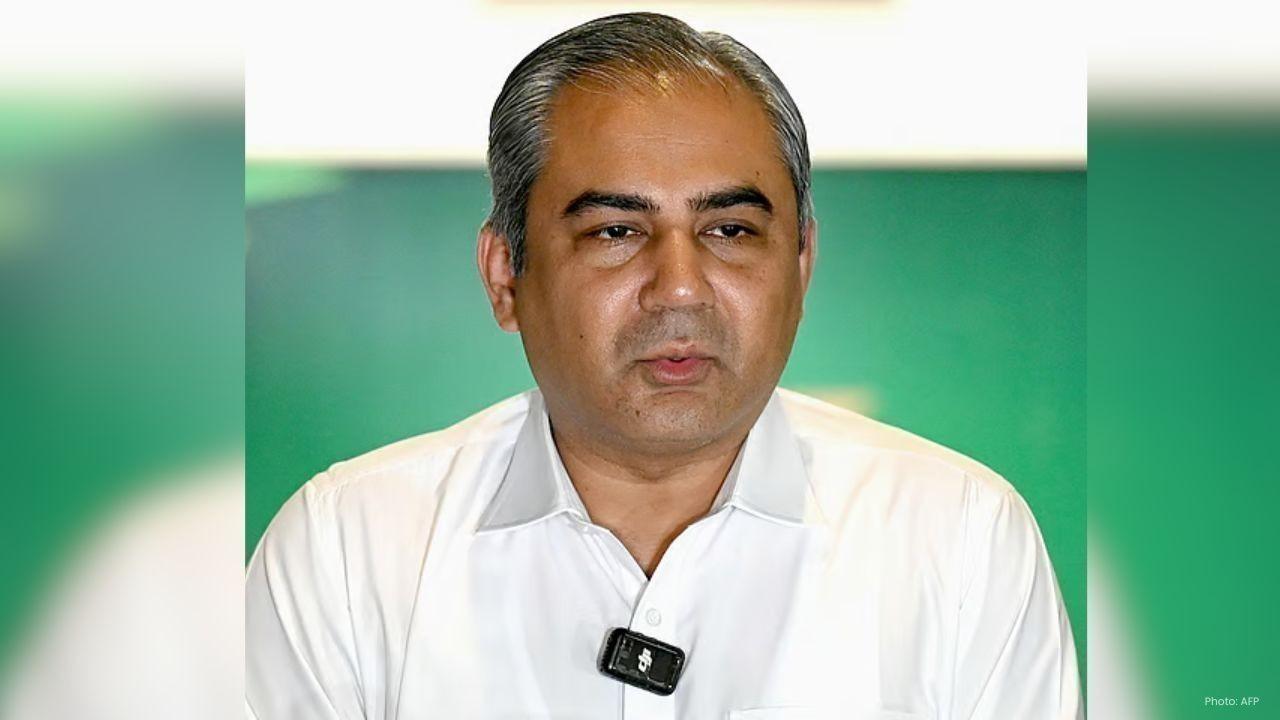
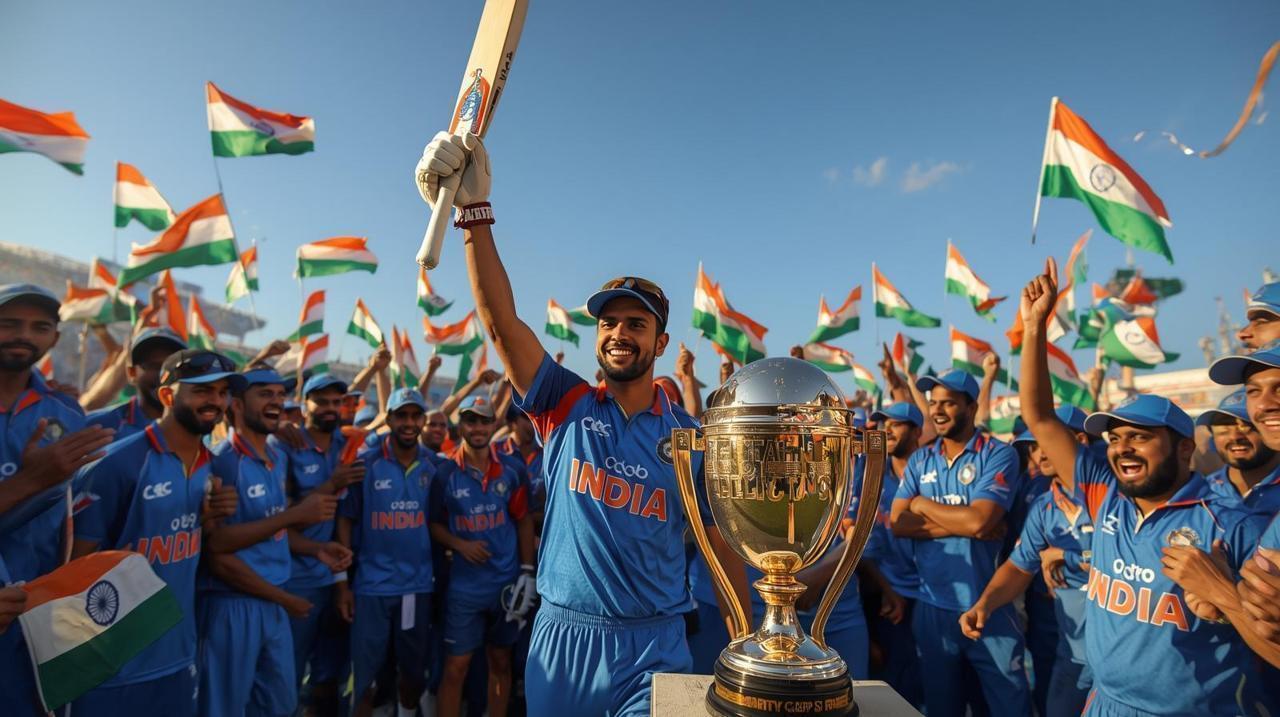
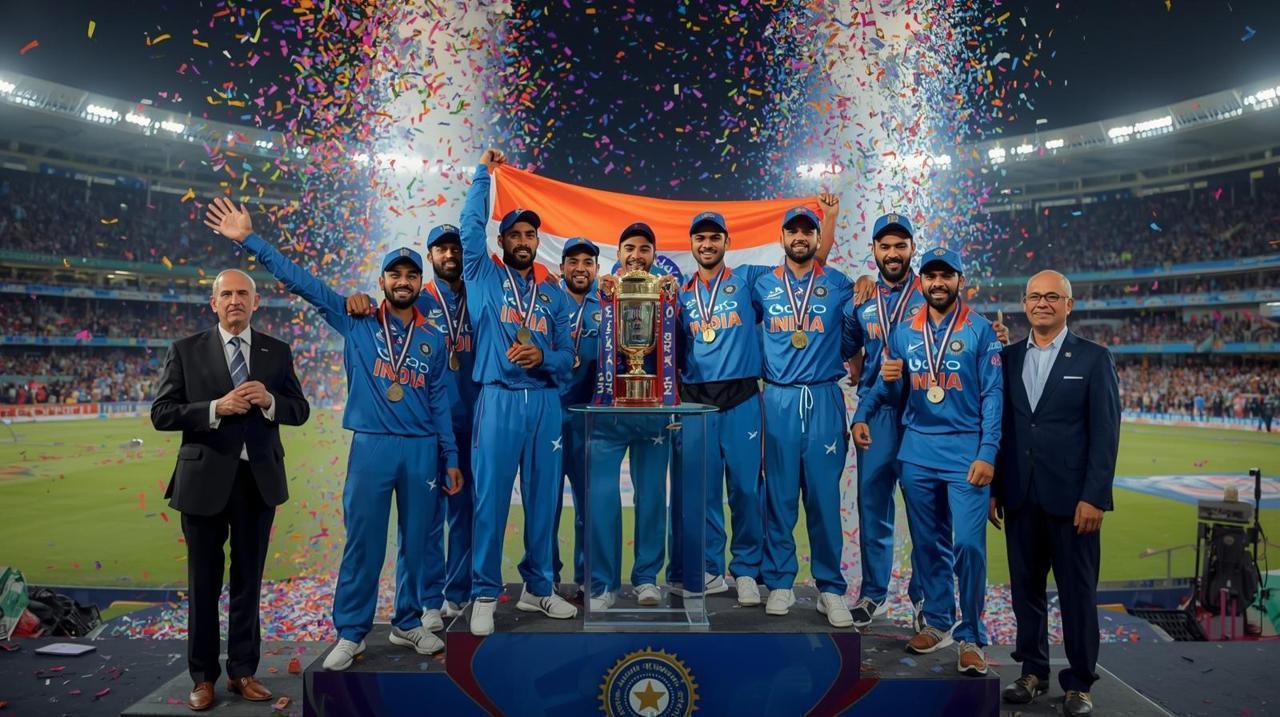
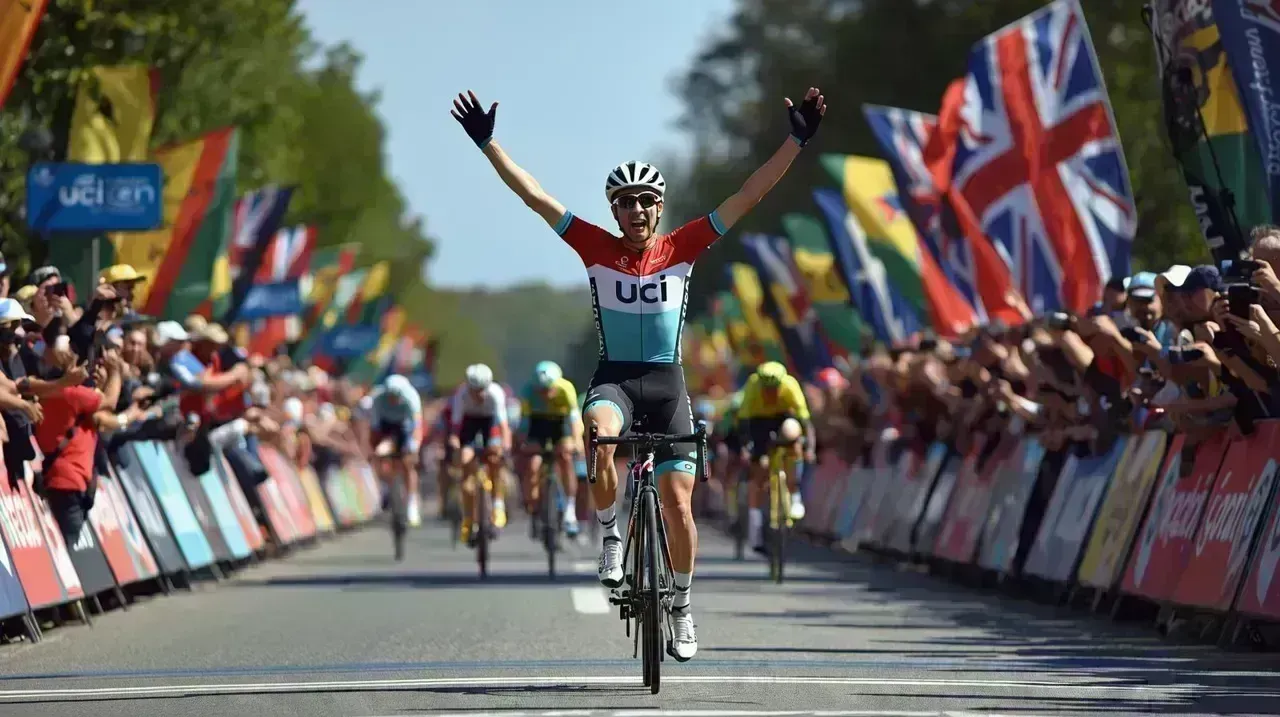




Sinner & Swiatek Shine at China Open: Semifinal Spots Secured
Jannik Sinner and Iga Swiatek advance to the semifinals at the China Open. Read about their victori

Michigan church attack kills 4, injures 8 in shocking violence
A gunman drove into a Michigan church, fired shots, set fire, killing 4 and injuring 8 before police

Moldova’s Pro-EU Party Secures Majority in Key Vote
Moldova’s pro-European PAS wins a strong majority in the parliamentary election, weakening pro-Russi

Gabriel’s late header gives Arsenal 2-1 win at Newcastle
Arsenal snatch dramatic 2-1 win at Newcastle as Gabriel heads the winner in stoppage time; Merino eq

Air France Flight 447 Trial Opens 16 Years After Tragic Crash
Sixteen years after the Air France Flight 447 crash, a trial opens against Air France and Airbus. Le
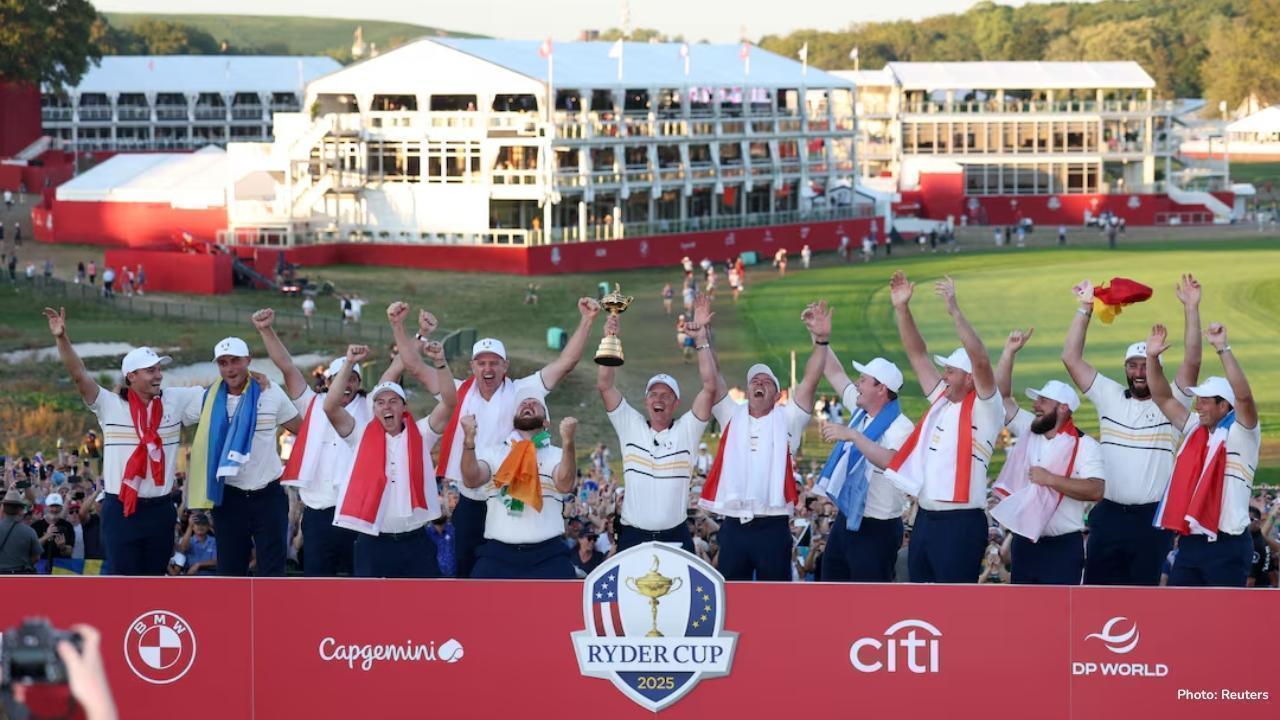
Europe close to Ryder Cup win after strong weekend play
Team Europe is on the verge of winning the Ryder Cup, showing great form in Italy and needing only a